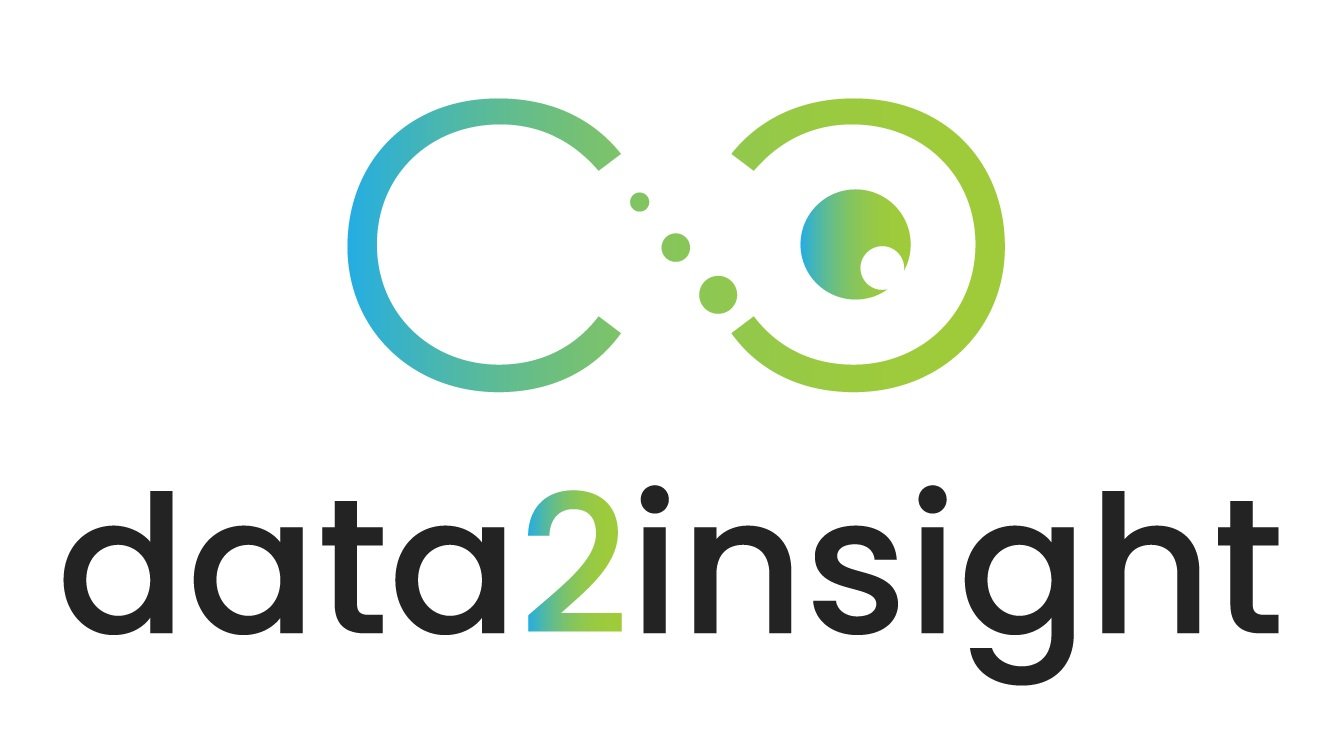Informed Development of a Grad Student Data Science and Statistics Bootcamp
BACKGROUND/OPPORTUNITY
The University of Chicago Data Science for Energy and Environmental Research (DSEER) program leaders partnered with data2insight for three years.
The University of Chicago’s DSEER program, supported by a National Science Foundation Research Traineeship (NRT) grant, provides funding and resources for graduate students doing data-driven work in environmental areas, with a special emphasis on energy, food, and water (including climate and ecological systems). The goal is to build community among students and to provide training in computational and statistical techniques to enrich students’ primary thesis work. DSEER’s interdisciplinary program includes students from Computer Science, Ecology & Evolution, Economics, Geophysical Sciences, Physics, Public Policy, Statistics, and others.
A key component of this program since 2018 is the bootcamp courses designed to introduce concepts that fall outside students’ core disciplinary training and to provide the breadth required for interdisciplinary research. Graduate students offer the following 1-2 week bootcamp courses to undergraduate and graduate students as well as postdoctoral students across campus each September.
COMPUTING FOR RESEARCH: For those who already know the programming basics, this Python course dives into more advanced computational methods, including data exploration and visualization, using the computing cluster, version control software (Git), and working with geodata formats.
STATISTICS FOR RESEARCH: This R course provides a broad overview of useful statistical techniques used in scientific research. Over the course of the bootcamp, students develop a toolkit of methods they will likely need to complete their own research. Topics include modern approaches to regression, time series modeling, and Bayesian statistics. The focus is on practical application and therefore will include extensive coding exercises.
INTRODUCTION TO SCIENTIFIC PROGRAMMING: For those new to programming, a Python course in the basics: variables, arrays, list, for loops, if statements, functions, and how to work with NumPy, Pandas, and Matplotlib for basic data sciences purposes.
MACHINE LEARNING: New in 2022, this session aims to make machine learning more approachable by removing some of the mystery. Students dive into random forests and neural networks. This course is intended to bring everyone together as they wrap up the bootcamps.
LIFE DURING GRAD SCHOOL: Starting grad school is always a big leap. This series aims to help incoming PhD students make the transition. The first three days are panels where senior grad students and faculty discuss topics like navigating the student-advisor relationship and work-life balance. The last day is an overview of campus resources and useful tools to help make grad school easier.
Data2insight is the external evaluator for this $3 million, 5-year National Science Foundation Research Traineeship (NRT) funded program.
SOLUTION
Data2insight designed and implemented a three-year measurement and evaluation study that has been instrumental in developing the bootcamp courses.
The data2insight team conducted data analysis, synthesis, and interpretation of findings of interview and survey data to answer the following evaluation questions, organized by desired program outcome.
The study focused on answering the following questions organized by the desired program outcomes:
Increase student confidence in their ability to tackle technical research problems: How has DSEER provided new skills and techniques that students can apply to their research? How has the DSEER community and offerings prepared / supported students in advancing their research?
Contribution of NRT interdisciplinary training to student science and career success: How has the DSEER community and offerings prepared / supported students in advancing their careers?
Increase graduate student data science and statistics knowledge and skill: How and to what extent has DSEER contributed to increasing grad student coding and statistical knowledge/skills?
Program improvement and sustainability: What aspects of the program should be part of standard graduate programs?
OUTCOME
DSEER faculty, staff, and graduate students have used the measurement and evaluation findings year over year to fine-tune their bootcamp courses to better meet the needs of UChicago students across campus and contribute to their academic and career success.
Evaluation findings included these program strengths:
Student program participants, regardless of discipline or research interests, took away valuable skills and tools that they can either apply immediately or will be able to apply to their work/research in the future.
The DSEER experience informed students’ career trajectories. It presented new possibilities they weren’t aware of previously and gave them more insight into what they thought they wanted to do, allowing them to either change their mind or reinforcing their desire to continue in their current pursuit.
It also included a number of recommendations for improvement to the bootcamp courses including reducing the amount of content for some courses and increasing the content for others, changing instruction style, and providing more application of concepts and less theory. DSEER faculty, staff, and students have taken this feedback and used it to improve the bootcamp courses each year. The evaluation findings show that their efforts have paid off in the form of increased number of applications and participants in the courses Computing for Research and Introduction to Coding.
Furthermore, DSEER leaders are committed to sharing what they have learned about how to stand up a data science and statistics bootcamp course program that will improve more students’ confidence to tackle technical research problems and better solves the environmental challenges of our age.

